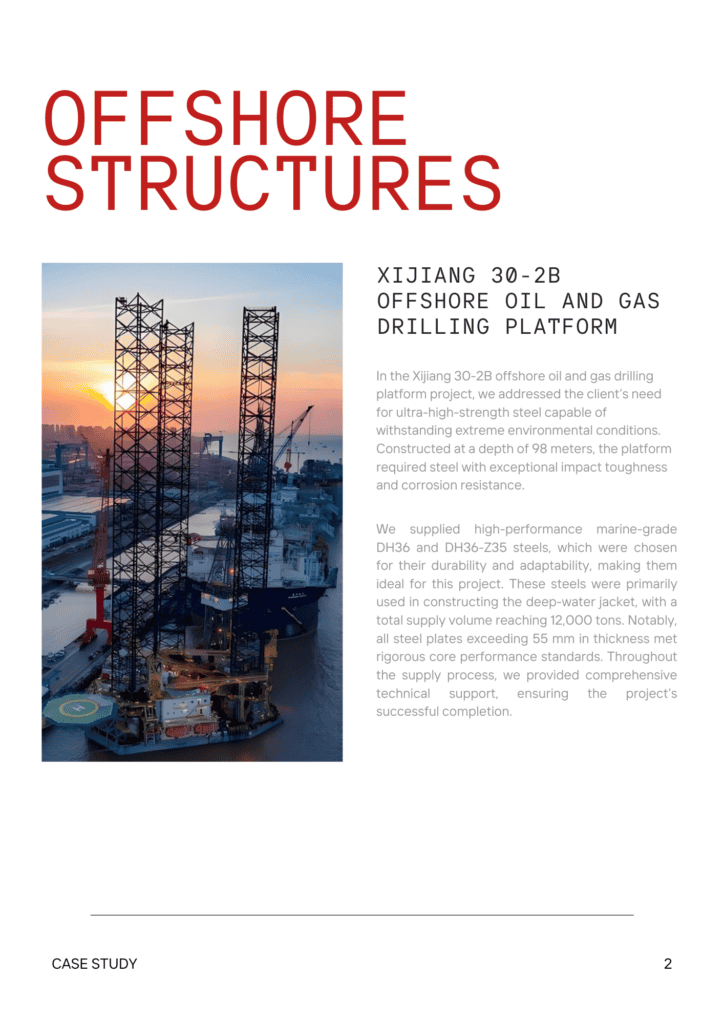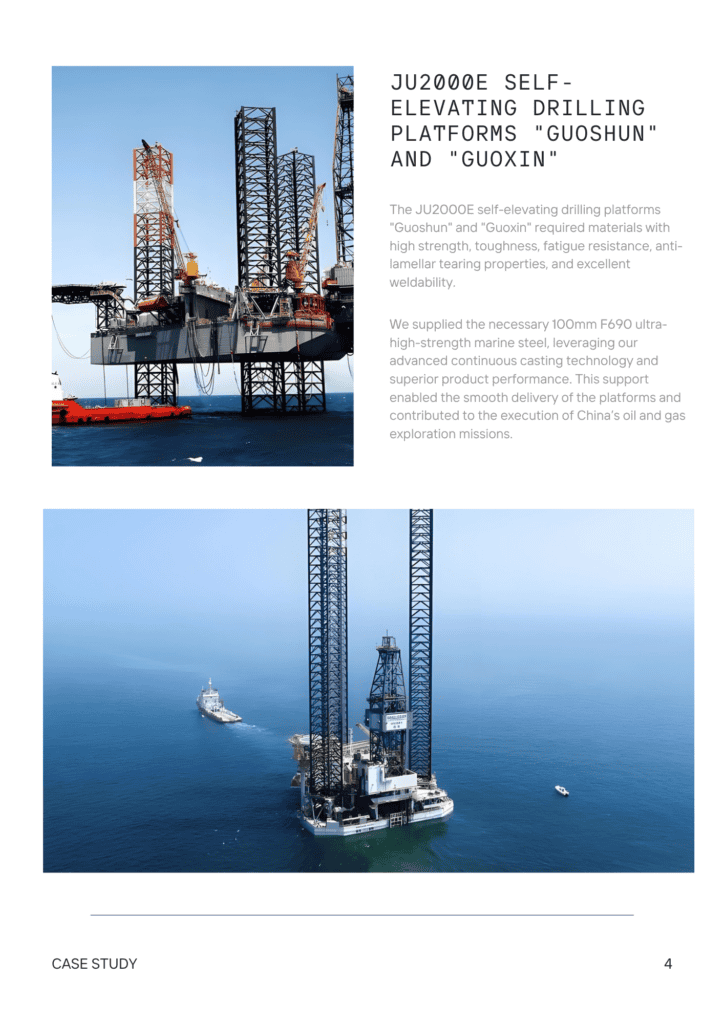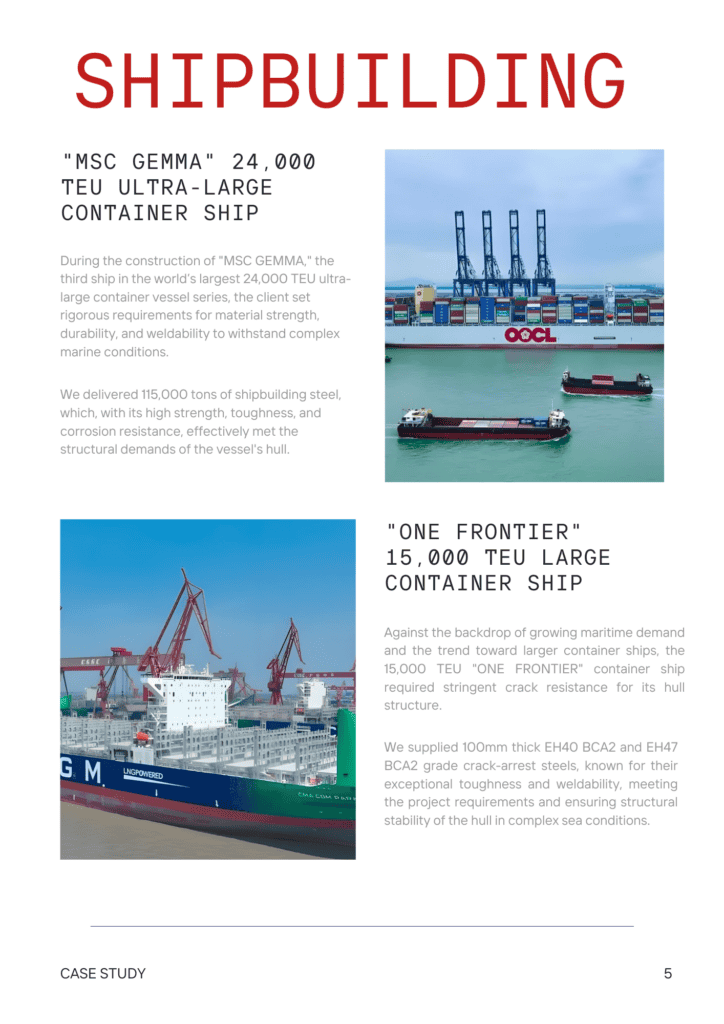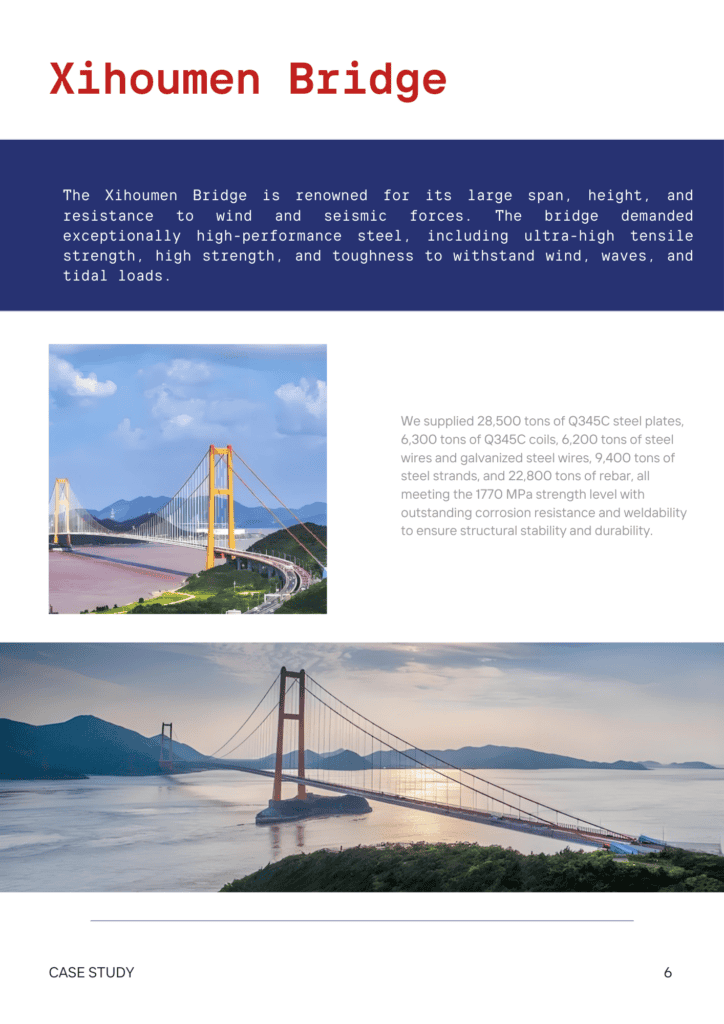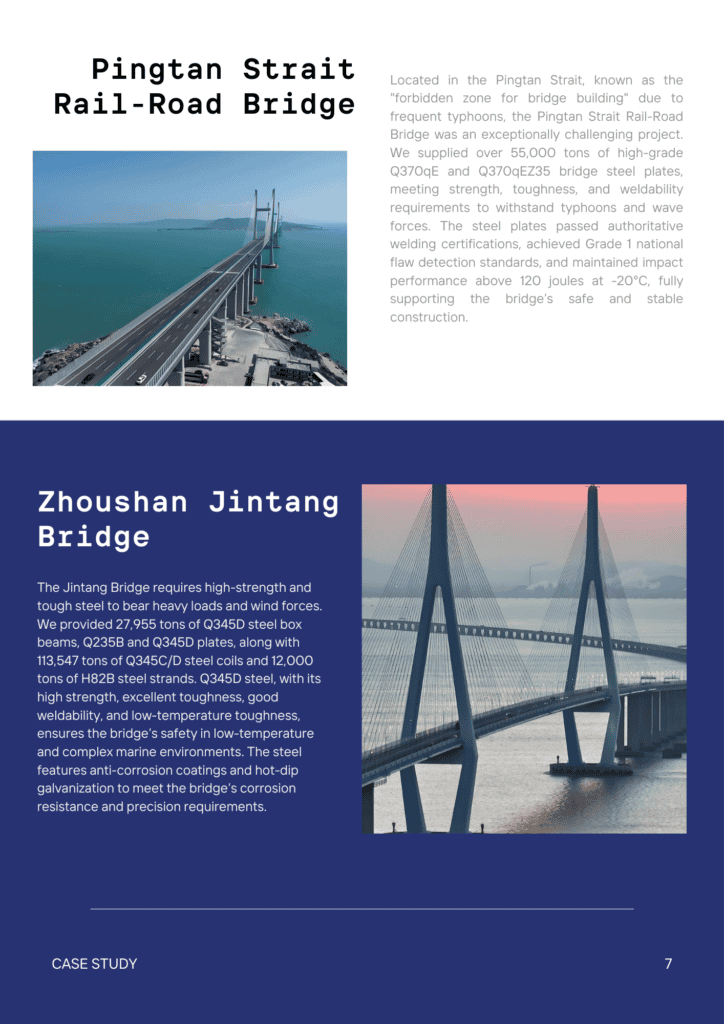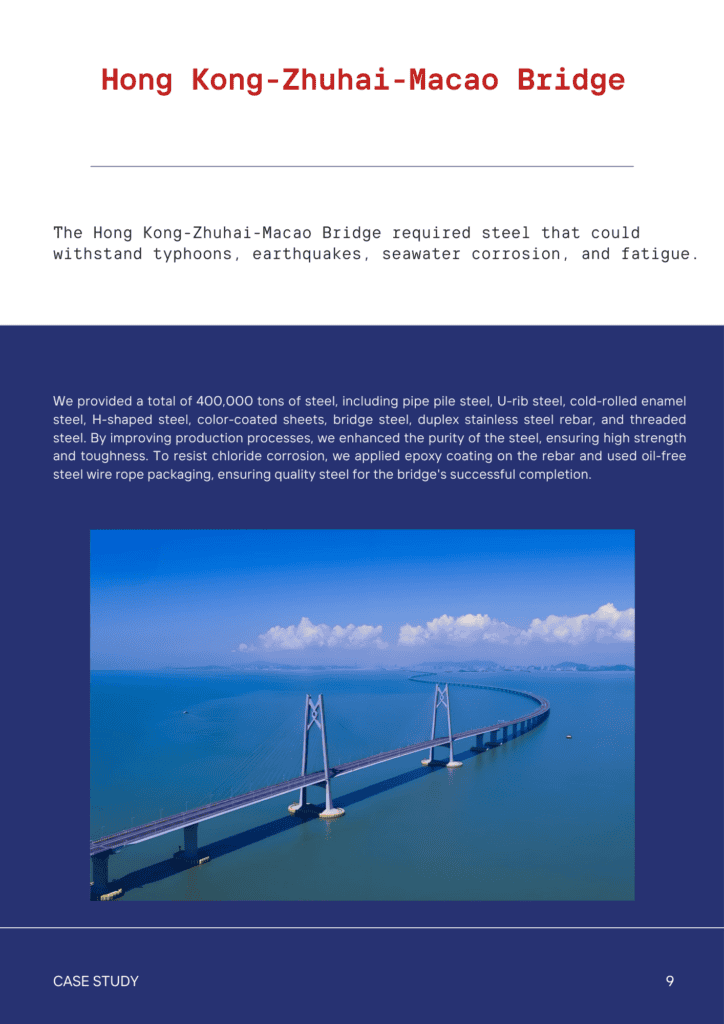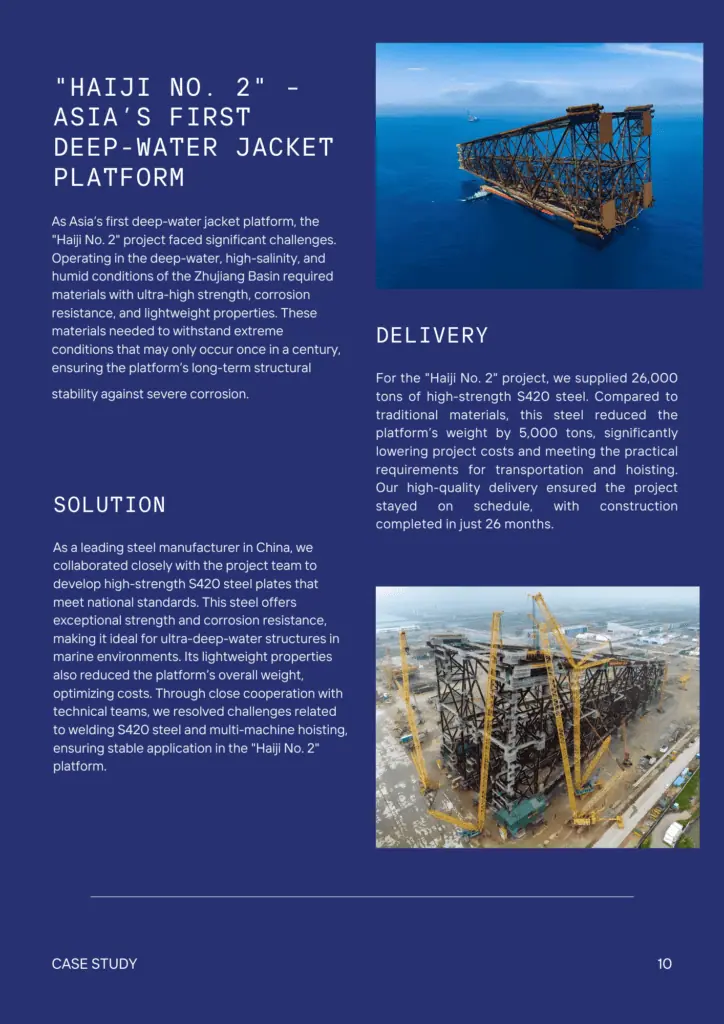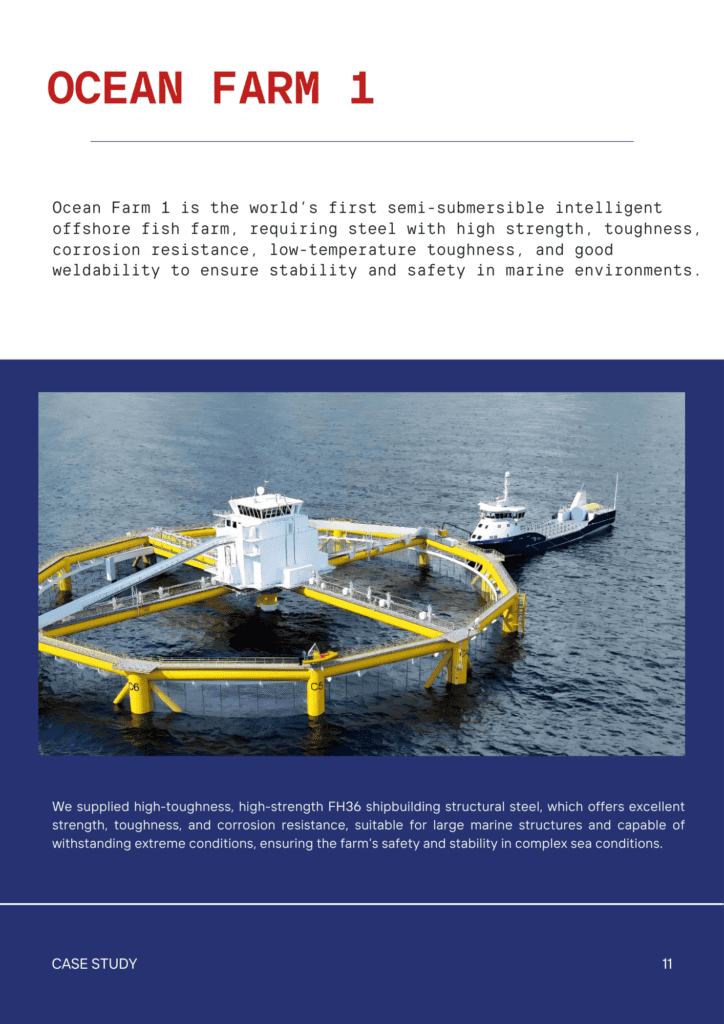Contents
L6 Tool Steel | SKT4 | 1.2713: Properties, Data, Products
- John
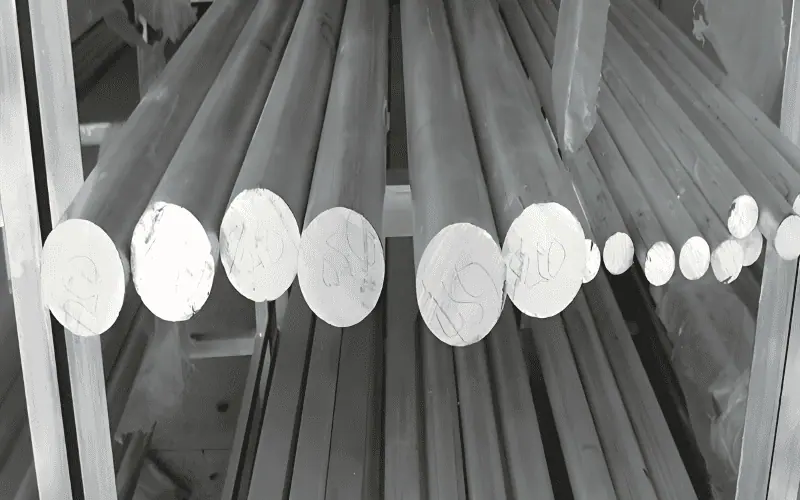
At SteelPro Group, we supply high-quality L6 tool steel products that meet international standards like ASTM A681, SAE J437, and J438. With over a decade of experience and positive customer feedback, we are your trusted partner for reliable and durable tool steel solutions.
What Is L6 Tool Steel?
L6 tool steel is a versatile, oil-hardened alloy steel. It has good impact resistance due to its high nickel content. L6 steel maintains a hardness of 60 HRC or higher with a section thickness of up to 75 mm (3 inches). It is ideal for tools, molds, and machine parts that require a balance of hardness and toughness like spindles, cams, chucks, and collets.
L6 tool steel has good machinability, rated at 90% of W-group low alloy steels and 75% of 1% carbon steel.
What Is L6 Bainite Steel?
L6 bainite steel is a variant of L6 tool steel that undergoes a heat treatment process involving controlled cooling after austenitizing. The bainitic transformation typically occurs at temperatures between 250°C and 550°C (482°F and 1022°F). Compared to standard martensitic L6 steel, it offers higher toughness and wear resistance.
L6 Steel Equivalent Grades
Here is the table with the standard and equivalent grades of L6 tool steel:
| Standard | GB 1299 | ASTM A681 | UNS | DIN 17350 | ISO 4957 | JIS G 4404 |
| Grades | 5CrNiMo | L6 | UNS T61206 | DIN 1.2713 | 55NiCrMoV7 | SKT4 |
L6 Tool Steel Products Forms And Supply Range
Our L6 steel is available in a range of commonly used forms such as bars, forgings, plates, rounds, blanks, and sheets, with dimensions tailored to meet the specific needs of our clients.
| Product Form | Size Range (Metric) | Size Range (Imperial) |
| Bars | Diameter: 6 mm to 500 mm | Diameter: 0.24 inches to 20 inches |
| Length: 1000 mm to 4000 mm | Length: 40 inches to 157 inches | |
| Forgings | Diameter: 25 mm to 1200 mm | Diameter: 1 inch to 47 inches |
| Length: 100 mm to 3000 mm | Length: 4 inches to 118 inches | |
| Plates | Thickness: 5 mm to 200 mm | Thickness: 0.2 inches to 7.9 inches |
| Width: 100 mm to 2000 mm | Width: 4 inches to 79 inches | |
| Length: 1000 mm to 4000 mm | Length: 40 inches to 157 inches | |
| Rounds | Diameter: 10 mm to 400 mm | Diameter: 0.4 inches to 15.7 inches |
| Length: 1000 mm to 4000 mm | Length: 40 inches to 157 inches | |
| Blanks | Thickness: 20 mm to 200 mm | Thickness: 0.8 inches to 7.9 inches |
| Width: 100 mm to 1000 mm | Width: 4 inches to 39 inches | |
| Length: 100 mm to 3000 mm | Length: 4 inches to 118 inches | |
| Sheets | Thickness: 2 mm to 50 mm | Thickness: 0.08 inches to 2 inches |
| Width: 100 mm to 1500 mm | Width: 4 inches to 59 inches | |
| Length: 1000 mm to 3000 mm | Length: 40 inches to 118 inches |
L6 Tool Steel Chemical Composition
| Element | Composition |
| Carbon (C) | 0.60 – 0.75 % |
| Chromium (Cr) | 0.60 – 1.2 % |
| Copper (Cu) | ≤ 0.25 % |
| Iron (Fe) | 93.6 – 97.1 % |
| Manganese (Mn) | 0.25 – 0.80 % |
| Molybdenum (Mo) | ≤ 0.50 % |
| Nickel (Ni) | 1.25 – 2.0 % |
| Phosphorus (P) | ≤ 0.030 % |
| Silicon (Si) | ≤ 0.50 % |
| Sulfur (S) | ≤ 0.030 % |
| Vanadium (V) | 0.20 – 0.30 % |
L6 Tool Steel Physical Properties
| Property | Metric Value | Imperial Value |
| Density | 7.85 g/cm³ | 0.284 lb/in³ |
| Melting Point | 1421 °C | 2590 °F |
| Electric Resistivity | 0.30 Ω·mm²/m | 0.000545 Ω·in²/ft |
| Thermal Conductivity | 34.6 W/m-K | 240 BTU-in/hr-ft²-°F |
| Transformation Temperature | 730 °C | 1350 °F |
The following table shows the coefficient of thermal expansion (CTE) varies with temperature.
| CTE (Metric) | CTE (Imperial) | Temper (Metric) | Temper (Imperial) |
| 11.3 µm/m-°C | 6.28 µin/in-°F | 20.0 – 100 °C | 68.0 – 212 °F |
| 12.6 µm/m-°C | 7.00 µin/in-°F | 20.0 – 200 °C | 68.0 – 392 °F |
| 12.6 µm/m-°C | 7.00 µin/in-°F | 20.0 – 425 °C | 68.0 – 797 °F |
| 13.5 µm/m-°C | 7.50 µin/in-°F | 20.0 – 540 °C | 68.0 – 1000 °F |
| 13.7 µm/m-°C | 7.61 µin/in-°F | 20.0 – 650 °C | 68.0 – 1200 °F |
L6 Tool Steel Mechanical Properties
| Property | Metric Value | Imperial Value | Note |
| Hardness (HRC) | 45 – 46 | 45 – 46 | Tempered at 427°C (800°F) |
| 61 – 62 | 61 – 62 | As hardened | |
| Tensile Strength, Ultimate | 1950 MPa | 283,000 psi | Tempered at 204°C (400°F) |
| Tensile Strength, Yield | 1910 MPa | 277,000 psi | Tempered at 204°C (400°F) |
| Elongation at Break | 2.0 % | 2.0 % | Tempered at 204°C (400°F) |
| Reduction of Area | 4.0 % | 4.0 % | Tempered at 204°C (400°F) |
| Modulus of Elasticity | 207 GPa | 30,000 ksi | – |
| Izod Impact Unnotched | 298 J | 220 ft-lb | Tempered at 204°C (400°F) |
| Charpy Impact (V Notch) | 5.00 J | 3.69 ft-lb | Tempered at 204°C (400°F) |
| Charpy Impact, Unnotched | 284.7 J | 210.0 ft-lb | Tempered at 177°C (350°F) |
| Abrasion (As-Hardened) | 74.8 mm³ | 74.8 mm³ | Loss in mm³, ASTM G65 |
| Abrasion (Tempered at 650°F) | 139.1 mm³ | 139.1 mm³ | Loss in mm³, ASTM G65 |
L6 Tool Steel Heat Treatment
Forging of L6 Tool Steel
When forging L6 tool steel, heat it between 1079°C (1975°F) and 871°C (1600°F). Do not forge below 843°C (1550°F). After shaping, allow the steel to cool gradually to avoid deformation and internal stresses.
Annealing of L6 Tool Steel
After hot working and before re-hardening, L6 steel requires annealing. Heat the steel to 760°C (1400°F) and hold at this temperature for 60 minutes per 25 mm (1 inch) of thickness.
Then, gradually cool the steel in the furnace at a rate no faster than 28°C (50°F) per hour until it reaches 538°C (1000°F), and continue cooling to room temperature either in the furnace or by air.
If you need better machinability, we recommend holding the steel at 760°C (1400°F) for 1 hour per inch of thickness, then cooling it slowly in the furnace from 677°C (1250°F) to 760°C (1400°F) for 8 hours before air cooling. This process reduces hardness to around 192 HBW.
Hardening of L6 Tool Steel
Preheating
Preheat L6 tool steel gradually, not exceeding 204°C (400°F) per hour, to 621-677°C (1150-1250°F). Soak for 30 minutes per 25 mm (1 inch) of thickness, plus 15 minutes for each additional 25 mm (1 inch).
Austenitizing (High-Temperature Heating)
After preheating, heat the steel to 788-816°C(1450-1500°F) in a furnace or salt bath. Soak for 30 minutes for the 25mm(1 inch) of thickness, and an additional 15 minutes for each subsequent 25mm(1 inch). This is crucial for proper hardening.
Quenching
Quench L6 tool steel in oil until it cools to 66-51°C (150-125°F). For sections smaller than 3 inches (76.2 mm), cooling in air or using pressurized gas is an option for moderate hardness.
Low-Temperature Treatment of L6 Tool Steel
Low-temperature processing can be performed in two methods:
- After austenitizing and quenching: This helps achieve uniform hardness and reduces internal stresses early in the heat treatment process.
- After tempering: This step can improve dimensional stability and reduce internal stresses, making the steel more stable for further processing.
The timing of low-temperature treatment depends on your specific needs for dimensional stability and internal stress relief. Let us know if you need assistance deciding the right solution for your project.
Tempering of L6 Tool Steel
After quenching, temper the L6 steel immediately. tempering at 204°C (400°F) for 1 hour per inch of thickness, ensuring a minimum duration of 4 hours. Allow to cool naturally to room temperature.
For thicker sections (greater than 6 inches / 152.4 mm), we suggest soaking for 8-10 hours to reduce internal stresses and ensure better stability, especially if your tools will undergo EDM (Electrical Discharge Machining).
If you need higher toughness at the expense of some hardness, tempering at higher temperatures between 232°C to 426°C (450 to 800°F) works well. This gives you a better balance of toughness and hardness for certain applications.
L6 Tool Steel Applications
L6 tool steel is employed in situations that demand both strength and durability. Common uses include:
- Punches and dies
- Plastic injection molds
- Spindles
- Cams
- Chucks and collets
- Cutting tools
- Jigs and fixtures
- Core pins
L6 Tool Steel VS T10 Steel
L6 steel is an oil-hardened alloy recognized for its strength and impact resistance, making it ideal for tools such as punches and dies. It offers a balanced combination of hardness and durability. T10 steel, a high-carbon metal, is harder and more wear-resistant, making it perfect for tools like chisels and blades.
In short, choose L6 for toughness and T10 for hardness and wear resistance.
Custom L6 Tool Steel & Expert Services Just for You
We provide L6 tool steel in bars, plates, forgings, and rounds, with custom sizes to fit your needs. We also offer D2 steel plates and bars. Our offerings encompass heat processing, forging, and machining to make sure your products meet top-quality standards. Reach out to us today for the products and support you need!





